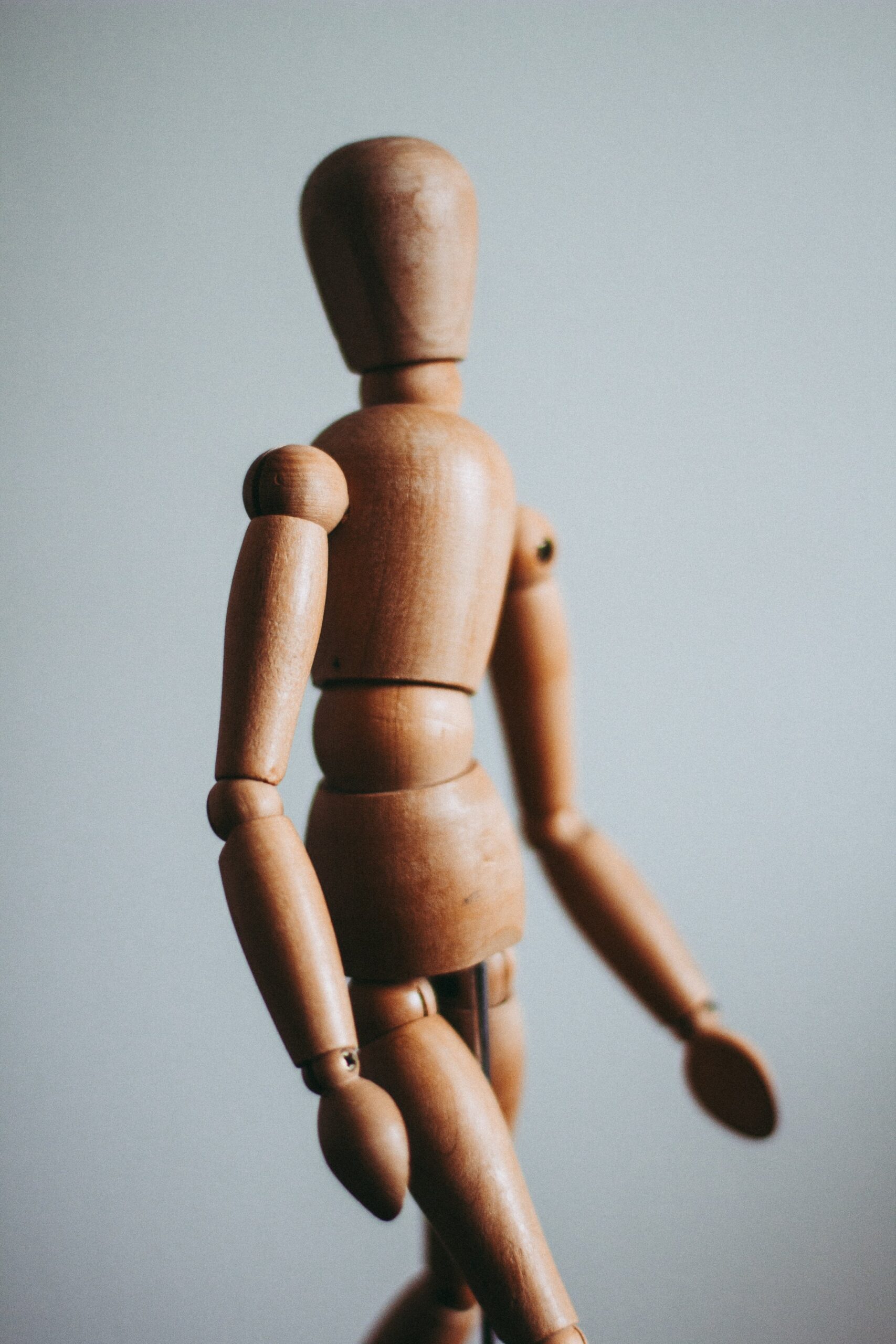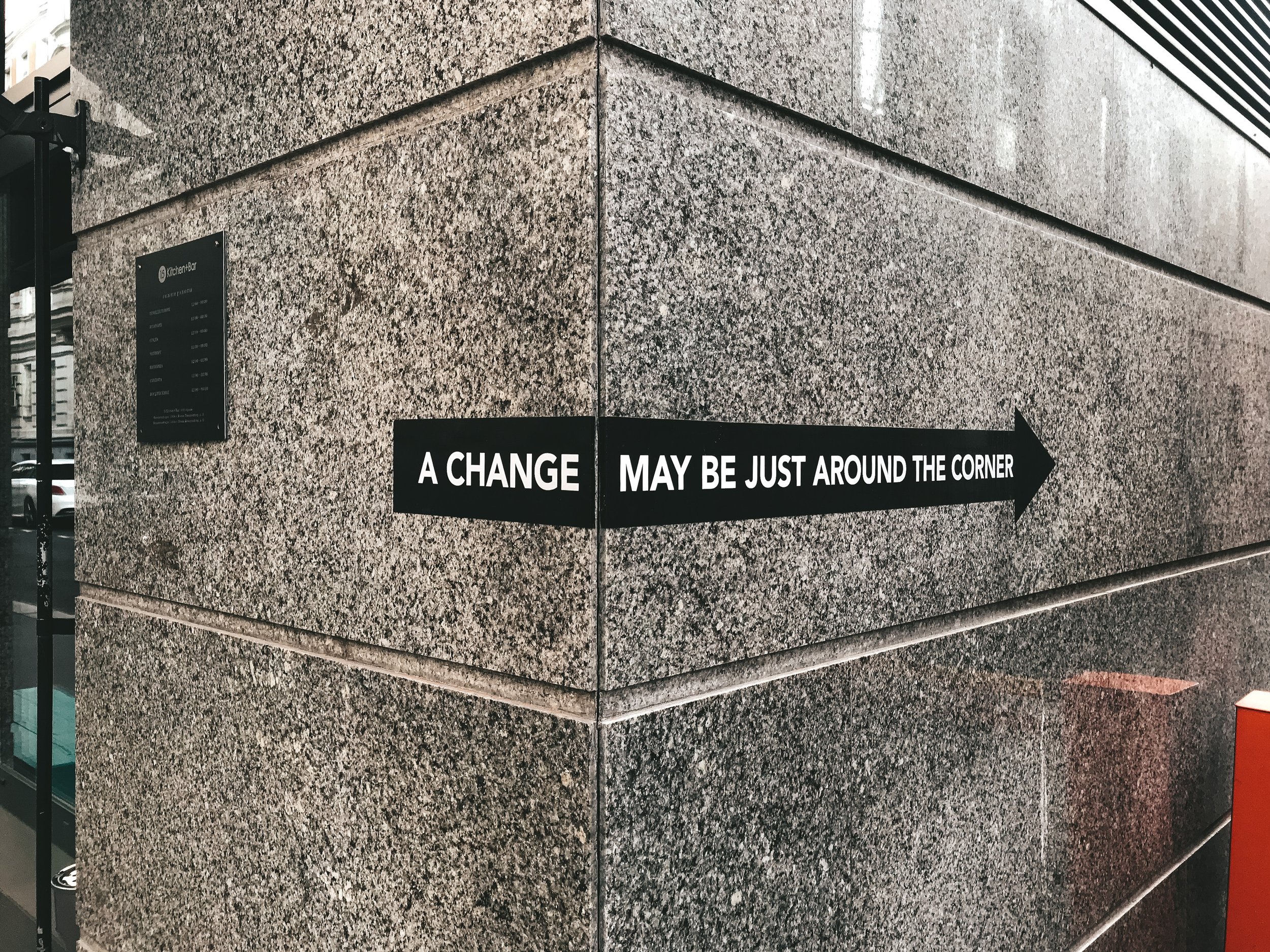THE BLOG

In the mental health field, we focus on ways in which we can feel better by learning effective coping skills to alleviate mental distress. Often enough, we don’t take into consideration how the food we eat impacts not only our physical health, but also our mental wellbeing. Therefore the question is, does our diet affect how we feel emotionally? The answer is an astounding YES!!!
Why is sleep so important? Sleep is a critical aspect of our overall wellbeing both physically & mentally. There are two major phases of brain activity during sleep that we cycle through every night. These are called Non-Rapid Eye Movement (NREM) & Rapid Eye Movement (REM). During NREM sleep, the brain slows down which results in decreased eye movement & muscle activity. This is when the brain is preparing the mind & body to enter into a state of deep sleep. About 1-2 hours after NREM, we enter into REM sleep. This is when activity in the brain increases at a rapid speed & usually results in vivid dreaming! Throughout the night we go in & out of these two phases of sleep.
One of the things that distress people struggling with mental health challenges like anxiety and depression is the inability to make a decision or sometimes feeling like they do not know what it is they want in a given situation. This can cause much distress and make undesirable situations even more difficult. There are many insight-building strategies that help people clarify what is important to them and what choices they want to make. In this blog, we will be going over one of those strategies in the form of a four-square pros and cons exercise. This is inspired by that from Dialectical Behavioral Therapy but includes a few differences. This exercise is designed to help you access your wisdom regarding a particular choice. Please keep in mind that when using this exercise, each time it is used it is used for the positive statement of a choice, and then the negative statement of the choice. For example, this tool would be done with statements such as “attending my friend’s birthday party” and “not attending my friend’s birthday party” instead of 2 different statements such as “Attending my friend’s birthday party” and “Going to the mall”. Now, let’s review more about how this exercise is used.

As therapists, an important part of what we provide to our clients is coaching and education on coping skills. This term is used a lot to describe a growing set of cognitive, behavioral, and/or emotional tools that allow for mood management and overall increasing quality of life by building new habits and responses to one’s environment. When people hear the term coping skills they may envision someone taking slow deep breaths or going for a walk outside. These are examples of fantastic skills to use and regularly help many people. However, some people, including some of those who seek therapeutic services, can perceive the idea of coping skills as a waste of time or “not real therapy”. These are sometimes folks who struggle with buying into their own influence over their daily lives or simply struggle profoundly with motivation. No matter what the reason, if one sees new and effective ways of coping with daily life stressors as valuable, then this can make treatment very difficult.
Therapist Favorites
Explore a curated selection of blog posts recommended by our therapists, designed to provide valuable insights, practical tips, and expert advice on a variety of mental health topics.
MEET OUR THERAPISTS

As much as we would like to never experience grief, it is a universal experience that is unfortunately inevitable. Grief is the acute feeling of shock, overwhelming sadness & pain when someone passes away. It comes on suddenly, is strong & usually knocks the wind out of us. Grief comes in waves & may impact you at different times in your life. For example, if you just received a promotion at work, your first instinct might be to call your mother to share the good news. As you pick up the phone, you suddenly remember that your mother passed away a few years ago. The realization that she is no longer living, causes feelings of grief to wash over you. This is how grief ebbs & flows. Grieving on the other hand is the process of how we adapt to this loss in order to move forward with our lives. Grieving is fluid & demonstrates the relationship we have with grief as it changes over time.

When many of us think of “wellness”, the first thing that may come to mind is our physical or mental health. Although our physical and mental health are important aspects of our wellness, there are many more contributing factors. Debbie Stoewen identifies eight separate, but equally important, components of wellness (2017). These eight components, named the “Dimensions of Wellness”, are independent of one another, but can also significantly influence and impact each other as well. These dimensions don’t require equal attention paid to them, but neglecting one can have negative consequences on the others, including our overall wellness.

It’s that time of the year again. St. Patrick’s day can be a highly anticipated celebration for many people. Many times there are parade’s and day long events that often include excessive alcohol intake. People usually start early and day drinking can be something glorified and bragged about on social media. If you live in or around the Jersey Shore you know that parade season can last a few weekends. This trend can leave a lot of triggers for people who are recovering and trying to protect their recovery with substance use. Even if you want to go to the parade, the temptation and environment can be difficult when you see people inebriated, slurring their words, and being rambunctious. The boardwalk’s starting to come alive again. Bars are flooded and food concessions are open.
All Recent Posts

Body neutrality is a movement and approach to redefine our values and standards of ourselves, shed the pressures of societal beauty standards, and love ourselves in an entirely new way, not on appearance, but function. We can learn more about ourselves and focus on acceptance of ourselves, without an inherent focus on our bodies. Below are a few ways to move toward a body neutrality stance toward ourselves:

Negative, unhealthy, and intrusive thoughts are usually automatic, but they don’t have to take control of your daily life. With some tips, you can learn to tolerate that inner critic.

As much as we would like to never experience grief, it is a universal experience that is unfortunately inevitable. Grief is the acute feeling of shock, overwhelming sadness & pain when someone passes away. It comes on suddenly, is strong & usually knocks the wind out of us. Grief comes in waves & may impact you at different times in your life. For example, if you just received a promotion at work, your first instinct might be to call your mother to share the good news. As you pick up the phone, you suddenly remember that your mother passed away a few years ago. The realization that she is no longer living, causes feelings of grief to wash over you. This is how grief ebbs & flows. Grieving on the other hand is the process of how we adapt to this loss in order to move forward with our lives. Grieving is fluid & demonstrates the relationship we have with grief as it changes over time.

When many of us think of “wellness”, the first thing that may come to mind is our physical or mental health. Although our physical and mental health are important aspects of our wellness, there are many more contributing factors. Debbie Stoewen identifies eight separate, but equally important, components of wellness (2017). These eight components, named the “Dimensions of Wellness”, are independent of one another, but can also significantly influence and impact each other as well. These dimensions don’t require equal attention paid to them, but neglecting one can have negative consequences on the others, including our overall wellness.

It’s that time of the year again. St. Patrick’s day can be a highly anticipated celebration for many people. Many times there are parade’s and day long events that often include excessive alcohol intake. People usually start early and day drinking can be something glorified and bragged about on social media. If you live in or around the Jersey Shore you know that parade season can last a few weekends. This trend can leave a lot of triggers for people who are recovering and trying to protect their recovery with substance use. Even if you want to go to the parade, the temptation and environment can be difficult when you see people inebriated, slurring their words, and being rambunctious. The boardwalk’s starting to come alive again. Bars are flooded and food concessions are open.

Sleep is a crucial part of our lives, and it’s essential for good health. However, in today’s fast-paced society, it’s easy to get caught up in a cycle of sleep debt. Sleep debt is a term used to describe the cumulative effect of not getting enough sleep over time. This can happen if we consistently go to bed late and wake up early, or if we have poor sleep quality. When we don’t get enough sleep, our bodies start to accumulate a sleep debt, which can lead to a range of physical and mental health problems.

Negative, unhealthy, and intrusive thoughts are usually automatic, but they don’t have to take control of your daily life. With some tips, you can learn to tolerate that inner critic.
LOOKING FOR MORE ON

LOOKING FOR MORE ON
How do you learn something like riding a bike? Most likely someone gave you lessons and then you practiced. You can learn to study the same way. No one is born already knowing how to study. Learning, and then practicing those skills can build your studying capabilities.

LOOKING FOR MORE ON
As a society, there are often conversations that occur about the breakups and endings of romantic relationships; however, it seems that there are very little conversations about the ending or “breakup” of friendships. In a romantic relationship there is typically a conversation and formal ending, which provides some sort of closure and explanation. Whereas friendship “breakups” don’t always have the same sentiment, phone calls and texts become fewer and further between, and soon the only updates you really know about their lives are on social media. These friendship “breakups” cause unanswered questions along with some confusion as to how to grieve this ending. Society and pop culture display the grieving of a romantic relationship ending, but the friendship breakups seem to be less displayed or discussed. On the flip side, due to the lack of conversation about friendship breakups, it can cause individuals to feel an obligation to maintain friendships in life that no longer serve any positive purpose. The friendship can continue to go on, despite feelings of being hurt, because “breaking up” with a friend can be seem unorthodox.